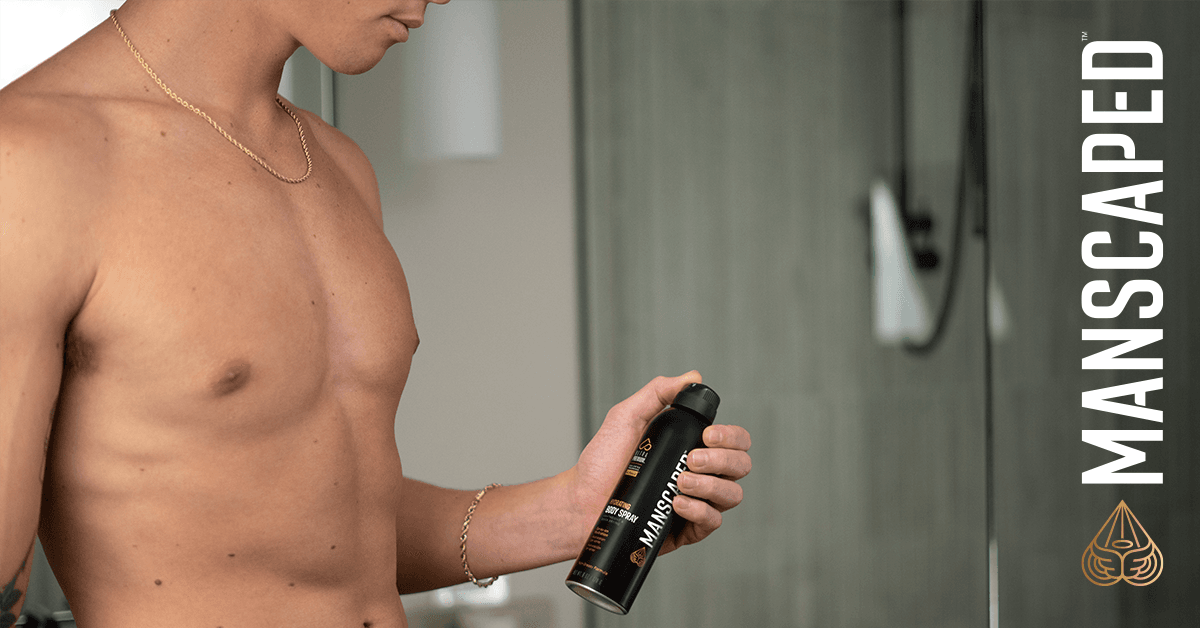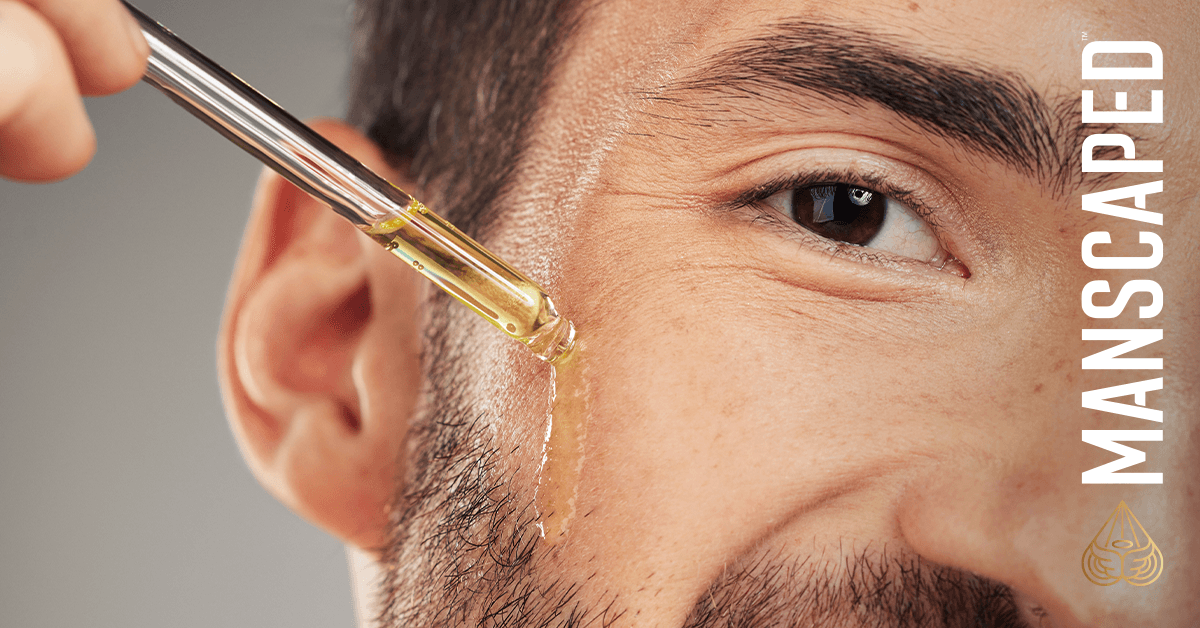
We are well into fall, and winter will be here before we know it (insert out-of-date Game of Thrones puns here). With the changing of the seasons, a lot of us find that our mood reflects the waning daylight. Sometimes, it’s hard to stay motivated and energetic in the winter. If you can relate, then it’s possible you have faced some level of seasonal depression.
What is seasonal depression?
Seasonal depression, as the name suggests, is a condition of psychological depression that coincides with changing seasons. It’s also known as seasonal affective disorder (SAD, appropriately). For most people, seasonal depression starts in the fall and persists through the winter, easing up when spring hits. For some people, it’s not like that at all. It can begin at any season. What makes it seasonal is the temporary nature of the depression and the coincidence with changing seasons.
How is it different from other forms of depression?
The most important thing to understand about seasonal depression is that it is in fact depression. It comes with the same feelings, negative health impacts and risks as any other form of depression. It can and should be treated.
Here’s what really sucks about seasonal depression.
It can stack on top of pre-existing depression. It’s a feedback loop of more and more things pushing against your ability to feel happy or energetic or productive or positive in normal ways. If you think you’re facing seasonal depression, you want to get on top of it. We’re going to discuss ways to do that, including seeing your doctor. Keep that last part in mind throughout. Depression is not something to take lightly, even if it’s seasonal.

What can you do about it?
Ok. We have an idea of what seasonal depression is and what it does to us. How do we fight back? These tips are ultra-simple, yet they can completely change your experience.
Get outside
For most people, seasonal depression is causally linked to increased darkness. That’s not a metaphor. The days get shorter and the sunlight is not as bright in the winter. That really does impact your psychology, and the darkness can make you feel sleepier or less energetic.
One of the most powerful ways to combat this is to make time to be outside, especially during sunlight. Fresh air, the sights, smells and sounds of nature and the propensity to exercise when outside all help.
Speaking of exercise, it’s invaluable. Exercise releases endorphins, which are basically naturally produced happiness drugs in your own body. Plus, feeling healthy can do a lot to undermine general feelings of internalized negativity.
If you can’t regularly get outside, then try to let the outside indoors a bit. If it’s not brutally cold, open a window. At least open the blinds or find as many ways to increase natural light as possible. One of the most frustrating things about seasonal depression is that artificial indoor light doesn’t seem to help with one important caveat: UV “happy lights” that mimic sunlight. Getting one and using it for 15-30 minutes a day has been proven to help with SAD.

Socialize
This is so hard. When you’re feeling down, you don’t want to be around people. It’s a natural response, but isolating yourself makes it all worse. Being around people is one of the best cures for feelings of isolation, detachment and depression. You have to make a contract with yourself to get out and see people.
You don’t have to go to the club or be a total extraverted socialite. You can do low-key stuff instead. What matters is that you are in physical proximity to people and you interact with them. That means getting off of video chat and seeing people face to face. It helps a lot if they are people you actually like.
Change your diet
This isn't about superfoods. Sure, a healthy diet helps with depression, but what we’re really talking about is self-destructive consumption.
The easy thing to pick on is alcohol. Most adults drink at least a little. We’re not condemning that. The issue is that alcohol takes your depression symptoms and pours gasoline on the fire. Drinking, especially as a coping mechanism, makes everything much worse.
Other self-destructive consumption is also problematic. Many recreational drugs can be as self-defeating as alcohol and make it almost impossible to get through seasonal depression unscathed. Even comfort foods work against you.
This isn’t saying that you have to abandon ideas of fun and comfort. But, if you’re feeling depressed, you can help yourself by being a little more conscientious of what you put in your body.
Get help
Here’s the final word. Seasonal depression is different for everyone. For some of us, we fall off the wagon and gain a little weight and lose the edge in our productivity. For others, it’s a major battle with life and death consequences.
You absolutely do not have to face this alone. There is always help available. Take advantage of it. You will let experts tell you how to save money on your bills, or fix your car, or shave your balls. Let experts help you with seasonal depression too. You can talk to your regular doctor about it. They know what’s up.
If you don’t have an expert or need other forms of support, you can lean on your family and friends. That’s why they’re there. Would you ever begrudge a loved one for needing you to be there for them? Do you think they feel so differently about you?
Seasonal depression is manageable, but it won’t just go away because you refuse to deal with it. Tackle it head-on, and you’ll be much better off.
10.25.21
Share

Featured Articles
- Your Favorite Ball Deodorant. Now with a New Scent: Perservere.MANSCAPED® + TCS for Testicular Cancer Awareness MonthIntroducing The Lawn Mower® 5.0 Ultra TCS Special Edition and TCS Ball Hero BundleThe Dome Shaver™ Pro vs. The Dome Shaver™ Plus: Which Should You Choose?The Chairman™ Pro vs. The Chairman™ Plus: Which Should You Choose?



